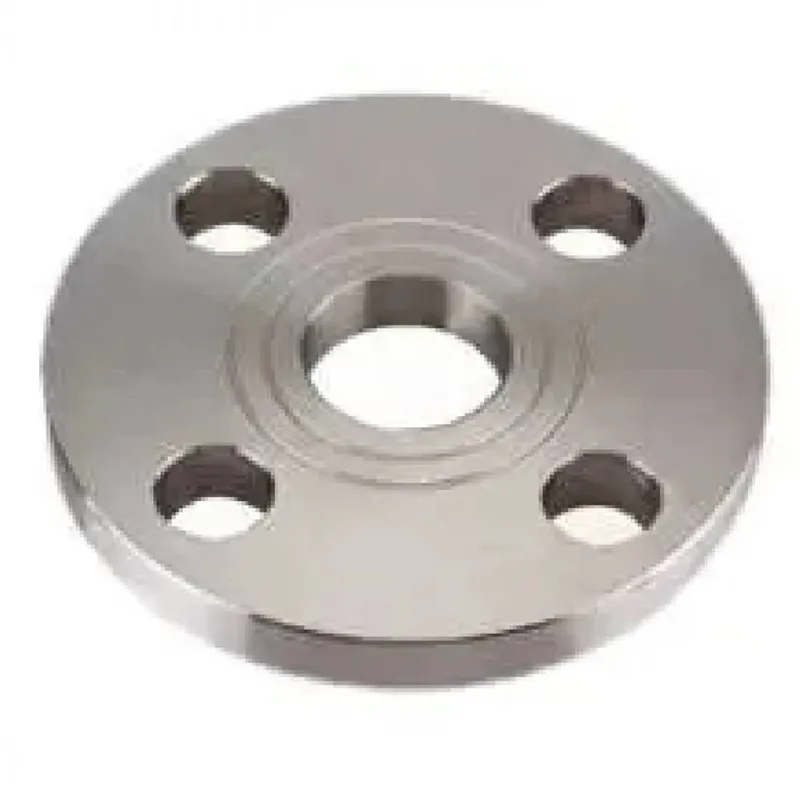-
Cangzhou Yulong Steel Co., Ltd.
-
Phone:
+86 13303177267 -
Email:
admin@ylsteelfittings.com
- English
- Arabic
- Italian
- Spanish
- Portuguese
- German
- kazakh
- Persian
- Greek
- French
- Russian
- Polish
- Thai
- Indonesian
- Vietnamese
- Zulu
- Korean
- Uzbek
- Hindi
- Serbian
- Malay
- Ukrainian
- Gujarati
- Haitian Creole
- hausa
- hawaiian
- Hebrew
- Miao
- Hungarian
- Icelandic
- igbo
- irish
- Japanese
- Javanese
- Kannada
- Khmer
- Rwandese
- Afrikaans
- Albanian
- Amharic
- Armenian
- Azerbaijani
- Basque
- Belarusian
- Bengali
- Bosnian
- Bulgarian
- Catalan
- Cebuano
- China
- China (Taiwan)
- Corsican
- Croatian
- Czech
- Danish
- Esperanto
- Estonian
- Finnish
- Frisian
- Galician
- Georgian
- Kurdish
- Kyrgyz
- Lao
- Latin
- Latvian
- Lithuanian
- Luxembourgish
- Macedonian
- Malgashi
- Malayalam
- Maltese
- Maori
- Marathi
- Mongolian
- Myanmar
- Nepali
- Norwegian
- Norwegian
- Occitan
- Pashto
- Dutch
- Punjabi
- Romanian
- Samoan
- Scottish Gaelic
- Sesotho
- Shona
- Sindhi
- Sinhala
- Slovak
- Slovenian
- Somali
- Sundanese
- Swahili
- Swedish
- Tagalog
- Tajik
- Tamil
- Tatar
- Telugu
- Turkish
- Turkmen
- Urdu
- Uighur
- Welsh
- Bantu
- Yiddish
- Yoruba

Nov . 15, 2024 15:31 Back to list
forged steel socket weld fittings
Forged Steel Socket Weld Fittings Essential Components in Piping Systems
Forged steel socket weld fittings are critical components in the realm of piping systems, primarily utilized in high-pressure and high-temperature applications. Renowned for their robust construction and reliable performance, these fittings play a vital role in ensuring the integrity and efficiency of various industrial processes.
Socket weld fittings are designed to join pipes into a system by incorporating a socket into which the pipe is inserted. This connection method is pivotal for maintaining a strong and leak-proof joint. The manufacturing process of these fittings involves forging, which entails shaping steel under high pressure, thus enhancing its strength and structural integrity. Unlike mere cast fittings, forged fittings exhibit superior durability and resistance to fatigue, making them ideal for demanding environments.
One of the key advantages of forged steel socket weld fittings is their ability to accommodate thermal expansion and contraction
. In many industrial applications, fluctuations in temperature can lead to material expansion or contraction, which may compromise the integrity of the joints. However, the strong and flexible nature of forged steel allows these fittings to withstand such challenges without succumbing to wear and tear.forged steel socket weld fittings

Moreover, socket weld fittings are available in various shapes and sizes, including elbows, tees, reducers, and caps, catering to diverse piping configurations. These fittings are typically used in systems where space is limited, as their design minimizes the overall footprint while maximizing structural strength. Common applications include oil and gas, power generation, chemical processing, and water treatment facilities, among others.
The installation of forged steel socket weld fittings is straightforward, though it requires skilled technicians to ensure proper alignment and fitting. The socket weld technique involves welding the pipe to the fitting at the socket interface, creating a homogeneous and robust joint. This method is not only efficient but also provides a smooth internal surface, which is crucial for maintaining fluid flow without obstruction or turbulence.
Safety is a paramount consideration in any industry that utilizes high-pressure systems, and forged steel socket weld fittings contribute significantly to this aspect. The strong and reliable joints formed by these fittings are less likely to fail under extreme conditions, reducing the risk of leaks and potential hazards.
In conclusion, forged steel socket weld fittings are indispensable in modern piping systems, combining strength, durability, and efficiency. Their ability to withstand high pressures, resist thermal fluctuations, and accommodate various pipe sizes makes them a preferred choice across multiple industries. As ongoing advancements in material science continue to evolve, the future of forged fittings looks promising, with potential improvements in their performance and application scope, further solidifying their role in ensuring the safety and efficacy of industrial piping networks.
Latest news
-
ANSI 150P SS304 SO FLANGE
NewsFeb.14,2025
-
ASTM A333GR6 STEEL PIPE
NewsJan.20,2025
-
ANSI B16.5 WELDING NECK FLANGE
NewsJan.15,2026
-
ANSI B16.5 SLIP-ON FLANGE
NewsApr.19,2024
-
SABS 1123 FLANGE
NewsJan.15,2025
-
DIN86044 PLATE FLANGE
NewsApr.19,2024
-
DIN2527 BLIND FLANGE
NewsApr.12,2024
-
JIS B2311 Butt-Welding Fittings LR/SR 45°/90° /180°Seamless/Weld
NewsApr.23,2024











